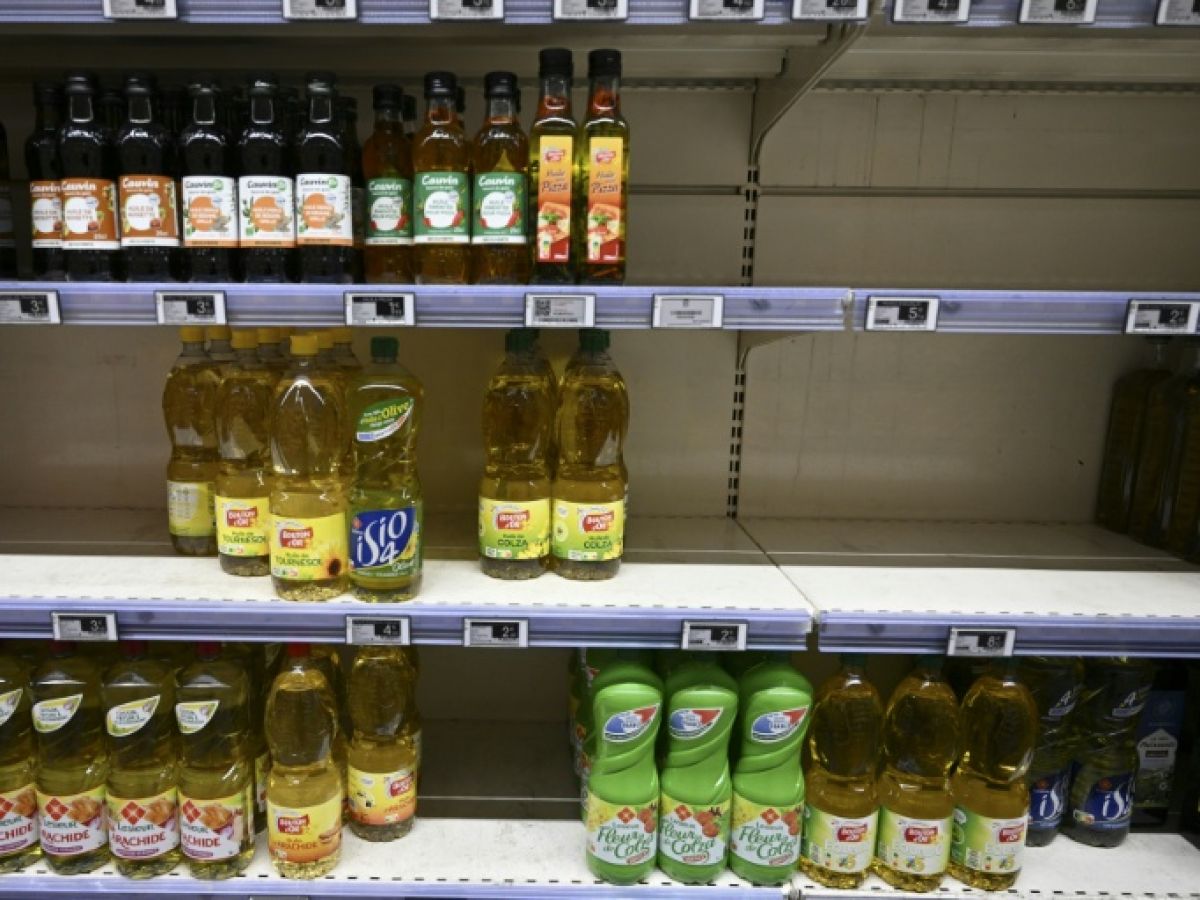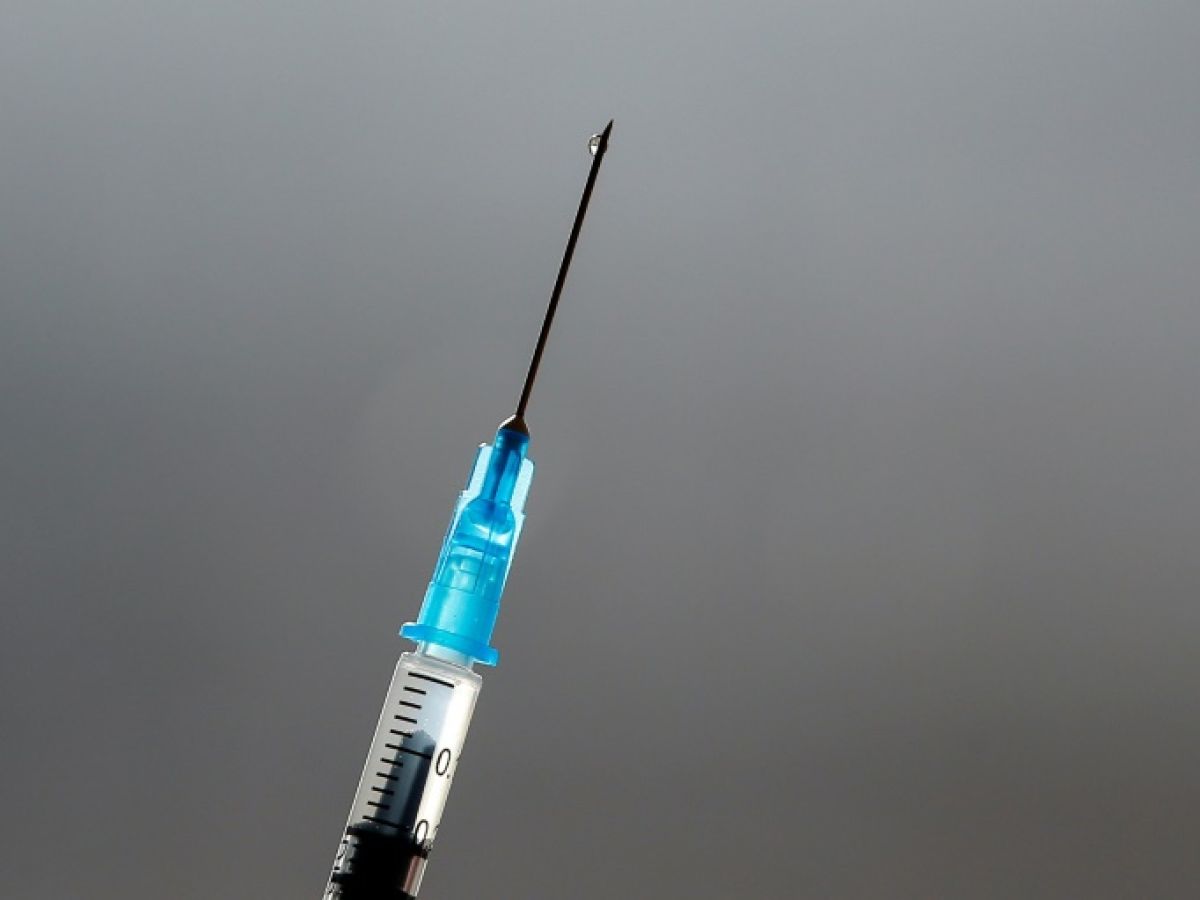Greenpeace France is calling for a ban on the use of hexane in the food industry, a solvent derived from petroleum distillation used in particular for the extraction of vegetable oils, shortly after the announcement of a parliamentary mission on the subject.
"Greenpeace France calls on the French and European public authorities to take responsibility and act immediately to protect the health of the population and put an end to the use of this dangerous solvent," the NGO demanded in a press release published Monday.
"This hydrocarbon is a proven neurotoxic substance, suspected of being reprotoxic and a potential endocrine disruptor," Greenpeace stated in a report drawn up after a year of investigation and laboratory analyses.
"Of the 56 food products tested, 36 contained hexane residues, including oils, butter, milk, including infant formula, and chicken," the report said.
The quantities recorded (between 0.05 and 0.08 mg/kg for the oils tested) are well below the regulatory thresholds (1 mg/kg).
But Greenpeace denounces "outdated and weak regulations, based on studies dating from 1996 and provided by the manufacturers themselves."
Last May, the European Commission also instructed the European Food Safety Authority (EFSA) to re-evaluate "the safety of using hexane" in the food industry, according to the EFSA website.
In France, a parliamentary mission is due to be launched soon, announced MoDem MP Richard Ramos on Thursday, who stated that he wanted to "inform, raise awareness and prepare for the banning of this solvent in favour of solutions that respect health and the environment."
"There is no health alert regarding hexane," Hubert Bocquelet of the National Federation of Fatty Substances (FNCG, which represents manufacturers in the sector) told AFP.
"Saying that there is oil on our plates is completely false. Hexane has been eliminated; it is no longer present in products sold for consumption except in the form of residual traces."
Greenpeace notes that "the main advantage of this solvent lies in its cost-effectiveness, as it allows for the extraction of approximately 97% of oil from rapeseed or sunflower seeds." However, the NGO states, "alternatives exist," such as cold pressing, but these are less effective for extraction.
The NGO points the finger at the agri-food group Avril (Lesieur), a French oil giant accused, "thanks to its sprawling influence and omnipresence within agricultural and political bodies" of contributing "to maintaining the use of hexane."
According to Greenpeace, "two-thirds of French factories" do not use hexane, but "nearly 90% of oilseeds are processed in factories that use hexane: these are the factories of manufacturers such as Saipol (a subsidiary of Avril), Cargill and Bunge."

